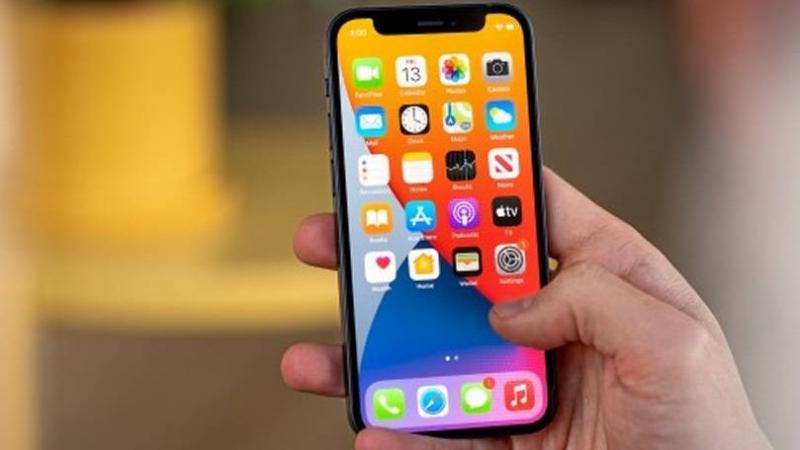Recharge cards have largely disappeared from the market, with their prices rising by 15 percent, a trend likely to continue if the strike by employees of "Alpha" and "Touch" persists. "It's only affecting the citizen," who is reluctantly paying the price without complaint. The strike by employees of the telecommunications companies has caught market traders off guard; they did not anticipate entering into an open-ended strike, which has deprived stores selling recharge cards from stocking enough to meet consumer demand, leading to a scarcity in the market.
While the employees may be justified in demanding their rights, it is unacceptable for the citizen to always bear the cost or to be used as leverage to push their demands at the expense of his wallet. Since yesterday, Fatima has been searching for a recharge card, which are barely available at mobile phone shops, especially since agents for "Alpha" and "Touch" refuse to supply the market with these cards, indicating to store owners that cards are likely to become scarce and prices will rise.
Muslim Youssef, a store owner in Nabatiyeh, confirms that he was informed by one of the agents of a price increase; the card that was priced at 250,000 Lebanese pounds on Saturday is now 300, and it may increase further. According to Muslim, if the employees' strike continues, a card crisis may emerge in the coming days, and what troubles him most is that prices are already rising despite no official decision to do so; traders control the market and impose prices that suit them.
Every time the employees of "Alpha" and "Touch" strike, the telecom service collapses, revealing the extent of the flaws in the network, as if stealing "megabytes" that mysteriously vanish from citizens' phones were not enough, now a "recharge" crisis arises during the World Cup, where demand for internet service increases to watch their national teams' matches.
Most mobile shop owners do not hide that the scarcity of cards serves as a pressure tactic on the Minister of Communications, fearing that these cards could end up in the black market. However, many confirm that most traders did not stockpile large quantities of cards because the strike caught them off guard, but some will manipulate them in the black market.
The crisis is expected to worsen in the coming days, and the market for cards may witness alarming price hikes—a scenario not ruled out by Ali Fakhruddin, one of the workers in mobile shops, who emphasizes that there is high demand for cards, but they are missing. What concerns him more is that the agents of the two companies refuse to distribute the cards, with those who used to obtain 100 cards now receiving only 10, which underscores the size of the crisis we will face if the strike continues.




